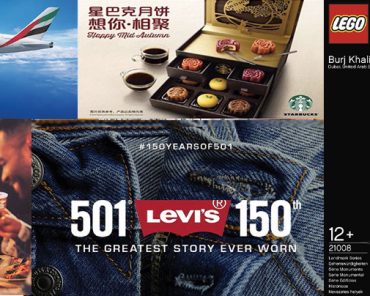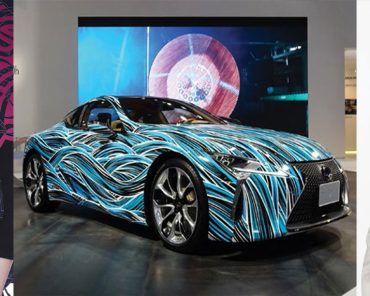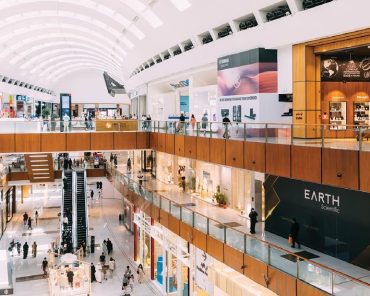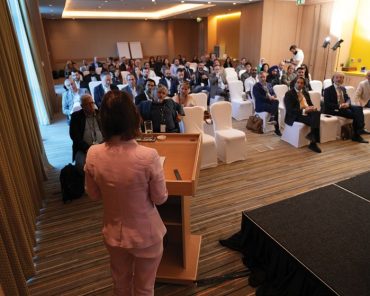Brand Licensing Business in the Middle East:
Exploring Opportunities in a Growing Market
By Amer Bitar
Brand Licensing Business in the Middle East:Exploring Opportunities in a Growing Market
What is brand licensing?
In today’s globalized economy, brand licensing has emerged as a vital strategy for businesses seeking to expand their reach and revenue. Licensing refers to the transaction in which the owner of certain intellectual property “Licensor” grants another party the “Licensee” the right to use it in exchange for a certain payment which is commonly called “royalty”. Intellectual property, or IP, can take various forms, such as trademarks, logos, artworks, inventions, patents, and even celebrity rights. Licensing offers a way for businesses to leverage their IP assets and generate income from them without incurring the costs and risks associated with creating and marketing new products.
According to a 2022 global licensing industry study by Licensing International, the global sales of licensed merchandise and services surpassed $315.5 billion by the end of 2021, growing at a 7.75% rate over the previous two years. The Entertainment/Character sector is the leading market share category, accounting for 41.2% of the business, while other categories such as Celebrities, Corporate, Publishing, and Art are also growing rapidly.
Licensing in the Middle East, North Africa
The Middle East and North Africa (MENA) region, comprising 21 countries spanning Western Asia and Northern Africa, represents a significant and growing market for the licensing industry.
The MENA region’s economies are experiencing robust growth, projected to remain at 3.5% through 2023, according to the World Bank. The region has a total population of over 580 million, accounting for approximately 7% of the world’s people. The region also boasts 60% of the world’s oil reserves and 45% of its natural gas reserves, making countries like Qatar, Kuwait, UAE, and Saudi Arabia among the wealthiest in the world in terms of GDP per capita.
Despite the MENA region’s enormous potential, brand licensing in the region has yet to develop significantly. According to the same 2022 Global Licensing Industry report, the region lags the overall licensing market, with only a 3.5% growth level and total licensed sales at US$5 billion. However, there are positive signs in some countries, particularly
the UAE, Saudi Arabia, Turkey, and Israel.
Entertainment/characters, corporate/brands, and fashion are the main property types in terms of the sales of licensed merchandise and services in MENA countries.
Sports and celebrities are also growing property types in the region with the expansion of sports and show business in Saudi Arabia, the UAE, and Qatar, especially.
Major brand owners such as Lego, Disney, Hasbro, Mattel, and MGA maintain local offices in the region, mainly in Dubai. Other brands are managed through their EMEA offices or local licensing agencies such as Markettcom.
Location-based entertainment is a growing investment area in the MENA region, with the UAE and Saudi Arabia again leading the way. Several location-based entertainment projects, such as the 790-acre Six Flags Qiddiya Park currently under construction in Riyadh, WB Abu Dhabi, and Legoland Dubai, have already launched or are under construction in the region.
In summary, the MENA region presents rich opportunities for brand licensing, with a keen understanding of the market and culture being key to success. While the industry is still nascent in the region, early movers can benefit from the region’s rapid economic growth and evolving consumer preferences.
By partnering with local businesses and licensing agencies and developing tailored licensing strategies that resonate with MENA consumers, brands can tap into this exciting and dynamic market and generate significant revenue from their IP assets.
CONTACT
Sheikh Zayed Rd, Rawdat Al Wasl Building, Office 310. Dubai, UAE








